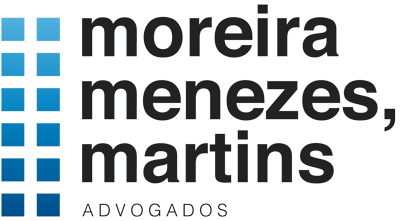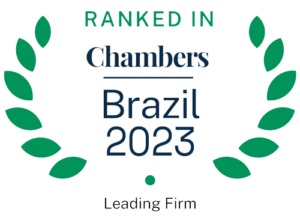The mechanism offered by Law 11.101/2005 suggests an incessant search for mutual understanding among different interest groups (owners, creditors of different classes, suppliers, etc.), to reach the higher objective or preserving the distressed company as a going concern. In parallel with this common objective, each group wants to satisfy its main interests, giving rise to a dynamic and ongoing dialog, whose bases can vary according to the evolution of the court-supervised reorganization process, the distribution of power among the people composing the different stakeholder groups, the performance of the business activity itself and its reflections on the risks of its continuing economic feasibility. It can be said that the preparation of the recovery plan, a fundamental document to restore companies to financial health, depends on a true exercise of negotiation among interest groups, considering their mutual dependence. This article analyzes the signposts of private autonomy in court-supervised reorganization, including the bases for formulation of the recovery plan and its legal structure.
Click to access the full content
Mauricio Moreira Mendonça de Menezes



